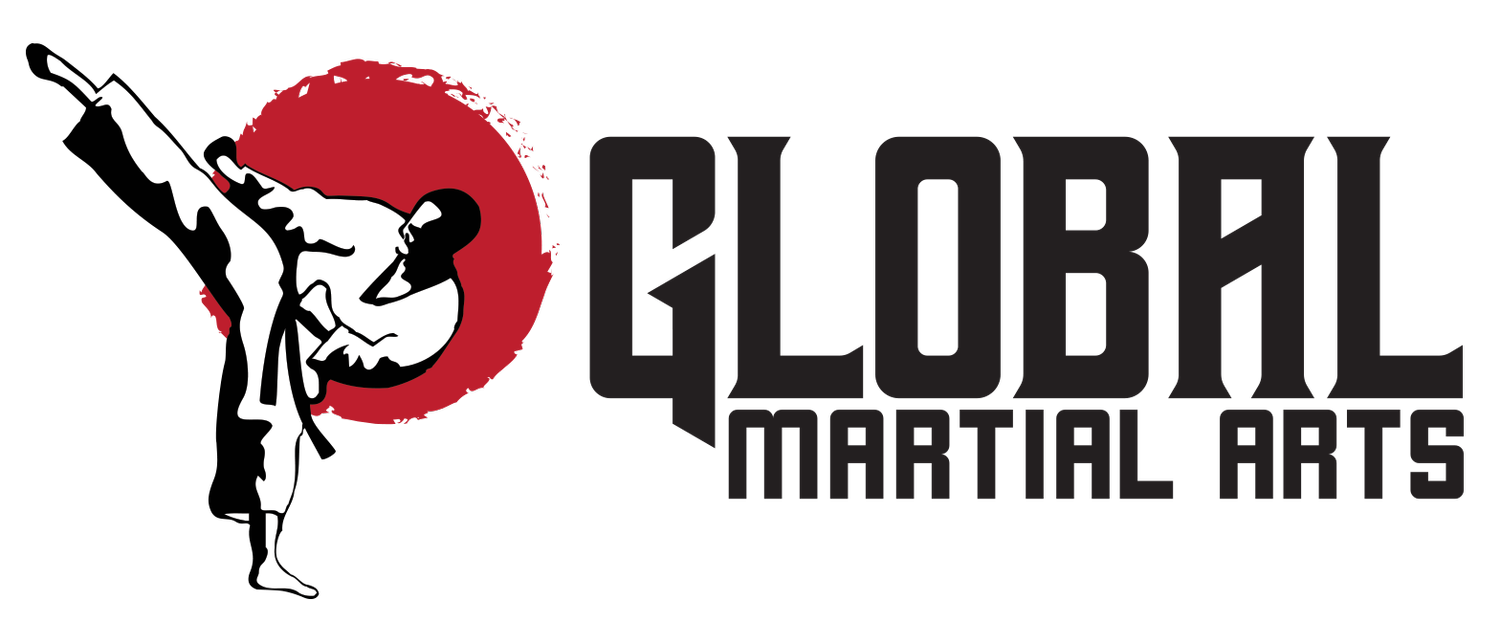The essential role of respect in karate practice for kids
In the world of martial arts, respect is a cornerstone value that holds great significance in the practice of disciplines like karate. For kids learning karate in Vista, a city north of San Diego near Carlsbad, Oceanside, and San Marcos, understanding and embodying respect is not only crucial for their progress in the martial art but also for their overall personal growth and development.
Respect is deeply ingrained in the traditional philosophy of karate, which emphasizes not only physical training but also mental and spiritual development. In a karate class for kids, respect is demonstrated in various ways that go beyond simply bowing to the sensei or instructors. It involves showing consideration and courtesy towards fellow students, instructors, and the martial art itself.
One of the fundamental aspects of respect in karate is bowing. Bowing is a sign of humility and respect in Japanese culture, and it is a common practice in traditional martial arts like karate. By bowing before and after training, kids learn to show respect to their instructors, training partners, and the martial art itself. This simple gesture teaches them the importance of acknowledging the knowledge and experience of others and cultivating a humble attitude towards learning.
Respect in karate also extends to the dojo, or training hall, itself. Kids are taught to treat the dojo with reverence and care, keeping it clean and orderly as a sign of respect for the space where they train. This practice instills in them a sense of responsibility and mindfulness about their surroundings, fostering a positive and disciplined environment for learning.
Moreover, respect in karate is reflected in the way students interact with each other during training. Kids are encouraged to listen attentively to their instructors, follow instructions with diligence, and support their peers in their learning journey. By treating each other with respect and kindness, students create a supportive community where everyone can grow and improve together.
Beyond the physical aspects of karate, the value of respect also plays a crucial role in shaping kids' character and behavior outside the dojo. By internalizing the principles of respect learned in karate class, children develop important life skills such as empathy, patience, and self-discipline. These qualities not only benefit them in their martial arts practice but also in their relationships with family, friends, and the wider community.
In conclusion, respect is a fundamental value that underpins the practice of karate for kids in Vista and beyond. By instilling in young students a deep appreciation for respect, karate instructors not only nurture their growth as martial artists but also as individuals with strong moral character and integrity. Through the practice of respect, kids learn valuable lessons that will guide them both on and off the mat, helping them become not only skilled karateka but also respectful and compassionate individuals.

